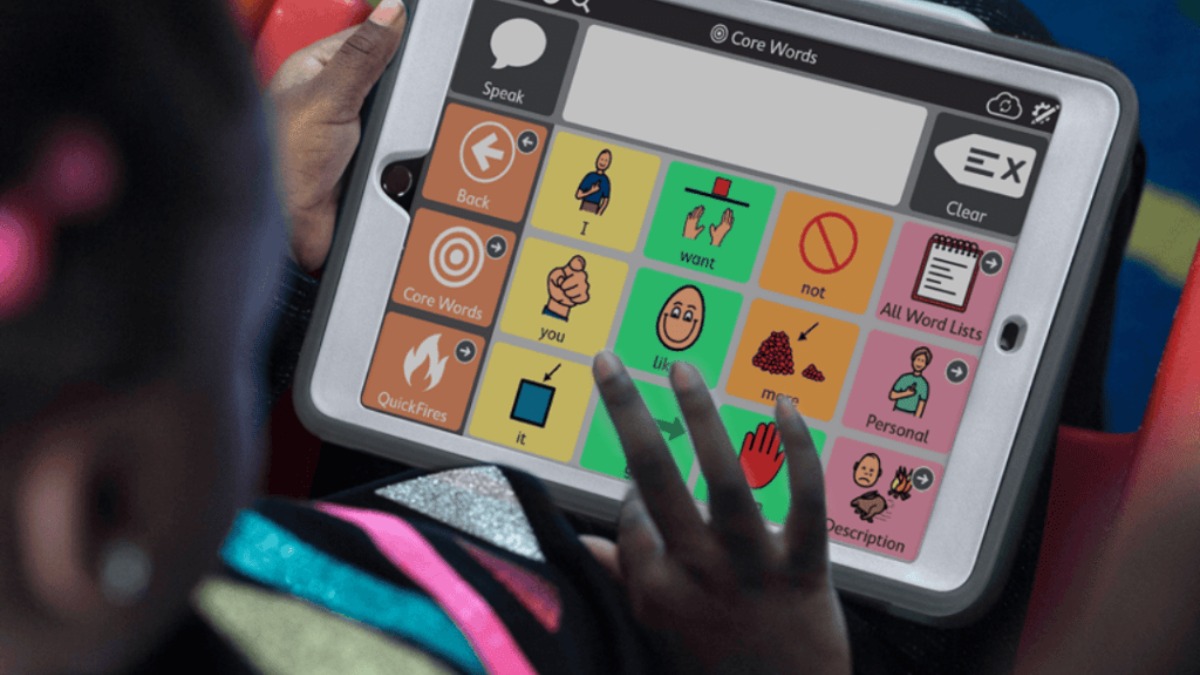The Impact of Floortime in Supporting Children with ADHD
April 10, 2025
Explore how Floortime therapy helps children with ADHD develop emotional regulation, social skills, and better focus through engaging, child-led interactions.

Key Points:
- Floortime therapy helps children with ADHD by improving emotional regulation, attention, and social interaction.
- The DIR Floortime model focuses on individual differences and fosters engagement through play.
- Parents play a crucial role in the success of floortime interventions at home and in therapy.
Research indicates that Floortime play therapy can lead to significant improvements in executive functions and cognitive emotion regulation in children with Attention Deficit Hyperactivity Disorder (ADHD). A study involving 9-11-year-old boys with ADHD found that after 10 sessions of Floortime therapy, there was a notable increase in adaptive cognitive emotion regulation strategies, such as positive refocusing and planning, and a decrease in maladaptive strategies and executive function deficits.
Introduction to Floortime Intervention
Floortime is a child-centered approach developed by Dr. Stanley Greenspan. It focuses on building emotional and social connections through play and interaction. The goal of Floortime is to engage children in a way that promotes their development across various domains, including emotional regulation, communication, and social skills.
In Floortime, parents and caregivers follow the child's lead during play, creating a supportive environment that encourages exploration and expression.
This method is particularly beneficial for children with ADHD, as it allows them to engage in activities that capture their interest while also addressing their developmental needs.
Floortime emphasizes the importance of emotional connections and relationships in a child's development. By fostering these connections, parents can help their children develop coping skills and improve their overall functioning.
3 Benefits of Floortime for ADHD
Floortime intervention offers several advantages for children with ADHD. This approach focuses on engaging children through play and interaction, which can significantly enhance their development in various areas.

Incorporating Floortime into daily routines can provide essential floortime ADHD support for children, helping them develop vital social, emotional, and communication skills.
4 Key Strategies in Floortime ADHD Support
Floortime interventions use a variety of techniques tailored to the child's needs. Parents, therapists, and caregivers can apply the following strategies to encourage development and engagement.
1. Following the Child’s Lead
Rather than enforcing predetermined activities, floortime encourages caregivers to follow the child's interests. If a child enjoys building blocks, a therapist might engage by asking open-ended questions or introducing new challenges, fostering problem-solving and sustained attention.
2. Expanding Emotional Engagement
Children with ADHD may struggle with emotional expression. Therapists use play-based interactions to encourage labeling feelings, such as frustration, excitement, or disappointment. By validating emotions, children become more comfortable expressing themselves constructively.
3. Using Sensory-Based Play
Many children with ADHD have sensory processing differences. Floortime incorporates sensory play (e.g., tactile toys, movement activities) to help children self-regulate and stay engaged. For example, swinging or jumping activities may help a child transition from a hyperactive state to a calmer one.
4. Encouraging Reciprocal Communication
Floortime helps children develop back-and-forth communication skills, even if they struggle with impulsivity or interruptions. Therapists and parents model turn-taking, active listening, and responding appropriately, strengthening social interactions.
Working with Professionals
Engaging with professionals can greatly improve the effectiveness of Floortime for children with ADHD. Collaboration with therapists, joining support groups, and consistently monitoring progress are key to success.
Collaborating with Therapists
Working with trained Floortime therapists offers tailored strategies for each child’s needs. These professionals help parents apply Floortime principles at home, focusing on social skills, emotional regulation, and communication. When collaborating with therapists, parents should consider:
- Credentials: Ensure the therapist is properly trained in Floortime.
- Communication: Keep an open line of communication to discuss progress and challenges.
- Goals: Work with the therapist to set clear, achievable goals.
Seeking Support Groups
Support groups provide a sense of community for parents managing ADHD and Floortime. These groups offer shared experiences, resource sharing, and emotional support, helping parents feel less isolated. Benefits include:
- Shared Experiences: Learn from others facing similar challenges.
- Resource Sharing: Exchange helpful resources like articles and workshops.
- Emotional Support: Alleviate stress through connections with others.
Parents can find local or online support groups through community centers, schools, or online platforms.
Monitoring Progress
Regularly monitoring a child's progress is crucial for assessing the effectiveness of Floortime strategies. Parents should keep track of improvements in social interactions, emotional responses, and communication skills.
By collaborating with professionals, seeking support, and monitoring progress, parents can effectively implement Floortime strategies to support their child's development in managing ADHD. For a deeper understanding of the qualifications and certification needed for DIR therapists, check out our article "Do DIR Therapists Need to Be Certified?" to gain valuable insights.

Incorporating Floortime into Daily Routine
Integrating Floortime strategies into daily life can significantly enhance ADHD coping skills. Here's how to make it effective:
Setting Realistic Goals
Establish specific, measurable goals that align with your child’s needs. Focus on areas like social skills, emotional regulation, and communication. Example goals include:
- Social Skills: Initiate play with peers three times a week
- Emotional Regulation: Identify and express feelings during activities
- Communication: Use three new words in conversation weekly
These goals create a clear roadmap for progress, maintaining motivation and tracking improvements.
Consistency and Patience
Apply Floortime regularly to foster familiarity and comfort. Schedule specific times for activities, involve family members, and be flexible based on your child's mood. Patience is key, as progress may be gradual.
Celebrating Achievements
Recognize and celebrate milestones to boost motivation. Whether through playdates, "feelings charts," or family meals, acknowledging small successes reinforces positive behavior and encourages ongoing effort.
Get Professional Floortime ADHD Support in New Jersey
If you’re seeking expert floortime ADHD support for your child, WonDIRfulPlay provides professional DIR Floortime services in New Jersey. Our specialists work with families to develop individualized strategies that foster emotional growth, attention skills, and meaningful social interactions.
Floortime therapy is a gentle yet powerful way to help children with ADHD thrive. By working with trained professionals and implementing floortime techniques at home, parents can support their child's development, confidence, and long-term success.
Learn more about how WonDIRfulPlay can help your child grow through DIR Floortime therapy. Reach out today to begin the journey toward better emotional regulation, focus, and meaningful connections.
Recent articles












.jpg)


.jpg)






.jpg)











.jpg)
.jpg)

.jpg)
.jpg)
.jpg)



.jpg)
.jpg)
.jpg)

.jpg)
.jpg)

.jpg)



.jpg)


.jpg)
%20(1).jpg)

.jpg)






.jpeg)









.jpg)
.jpg)
.jpg)
.jpg)
.jpg)


.jpg)
.jpg)
.jpg)
.jpg)
.jpg)
.jpg)
.jpg)
.jpg)
.jpg)
.jpg)
.jpg)
.jpg)
.jpg)
.jpg)
.jpg)
.jpg)
.jpg)
.jpg)
.jpg)
